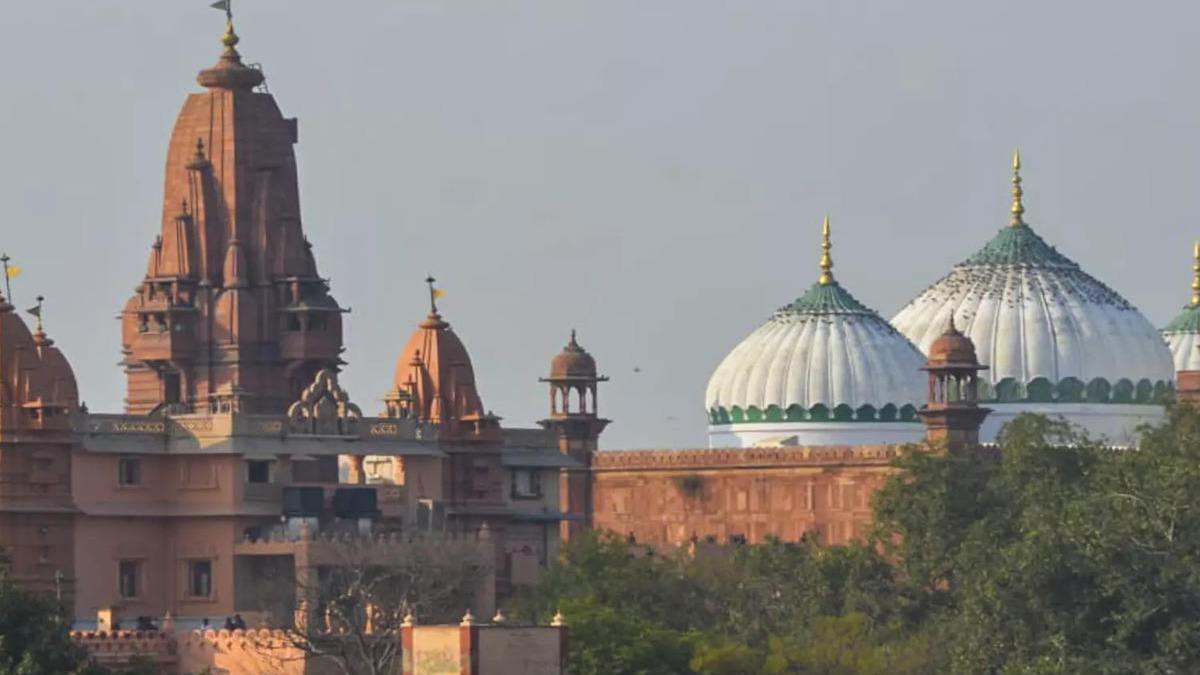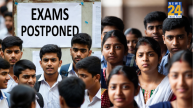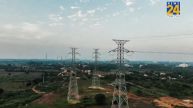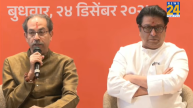The Supreme Court on Tuesday stayed an Allahabad High Court ruling allowing a court-supervised survey of the 17th century Shahi Idgah Mosque in Mathura, Uttar Pradesh.
Last month, the high court approved a survey done by a court-appointed and monitored advocate commissioner, similar to that conducted at the Gyanvapi Mosque in Varanasi.
Decision on Shahi Idgah Mosque
The bench of Justices Sanjiv Khanna and Dipankar Datta stated that the appointment of a commissioner for the mosque survey had a “vague” aim. They said, You cannot file a speculative application for the appointment of a court commissioner.” The purpose should be clearly stated. “You cannot leave everything to the court to investigate,” the Supreme Court stated.
The Supreme Court was considering a plea filed by the Muslim side challenging the high court judgment allowing a commissioner to visit mosques.
Hindu organizations claimed the mosque was erected on Lord Krishna’s birthplace and wanted a survey. A local court granted the request in December of last year, but the Muslim side filed an appeal with the Supreme Court.
The Hindu side has petitioned a Mathura court for complete possession of the contentious 13.37 acres of property. Claiming the centuries-old mosque was erected by demolishing the previous Katra Keshav Dev temple. They said that Mughal ruler Aurangzeb ordered it.
The petitioners cite as evidence the presence of lotus decorations on several mosque walls, as well as shapes allegedly resembling’sheshnag’ – the serpent demigod in Hindu mythology. This, they contended, proves that the mosque was built on top of the temple.
The Muslim side had previously attempted to dismiss the petition by referencing the Places of Worship Act of 1991, which retains any place of worship’s religious status as it was on August 15, 1947.













